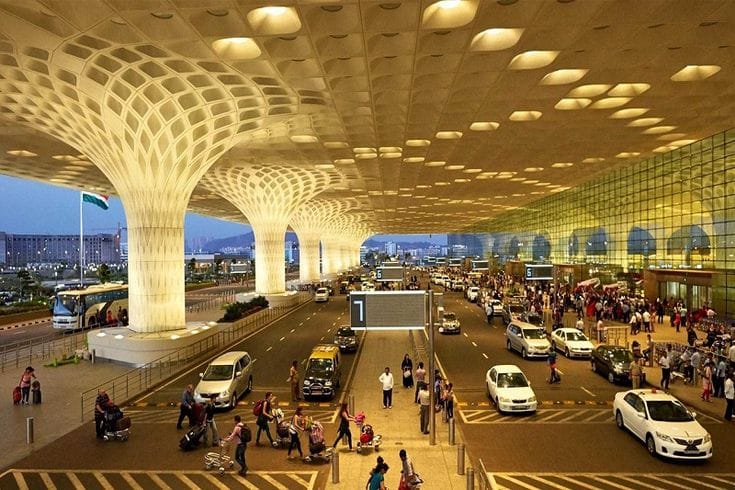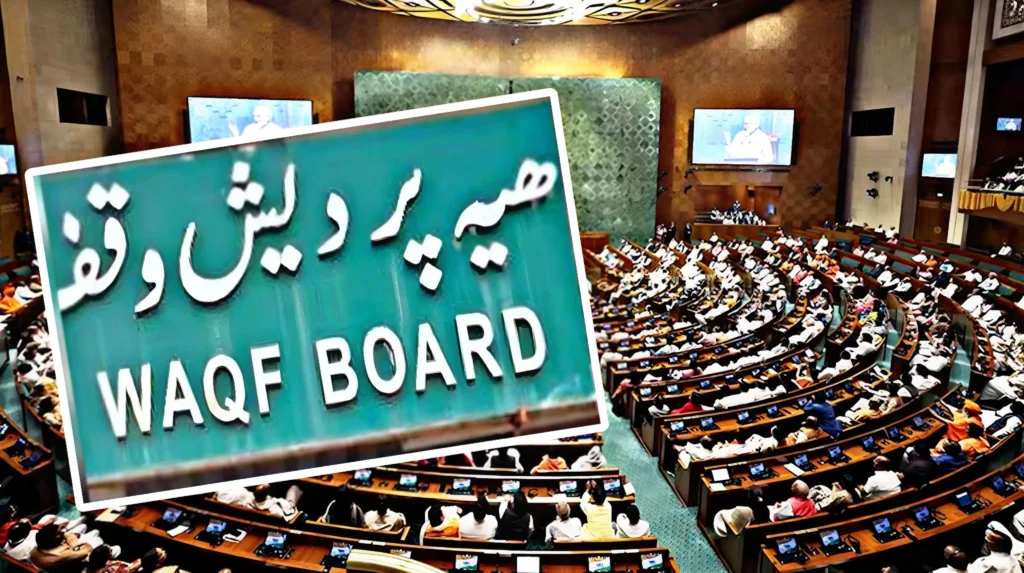AIUDF Chief: “Half of Delhi, Including Parliament and Airport, Waqf Board Owns”
Just weeks after the Delhi Riots case had so starkly revealed the deep political divide India suffers from, All India United Democratic Front chief Badruddin Ajmal said on Monday that nearly half of Delhi, including all-important landmarks like Parliament House and Indira Gandhi International Airport, belongs to the Waqf Board. This shocked many of India’s citizens and detonated explosions of anger, shock, and a hotly debated political argument across the country, for this seeks to question pertinent questions of who owns the land, and what is the place of religious boards in governance, and what motivation lies behind such a bold claim.
What does it bode? How does it shake the already hot Indian political scenario?
The Waqf Board
It will be apt to first know and understand what the Waqf Board is and how it functions before proceeding further with the contents of the statement made by Ajmal. The Waqf Board is a statutory body that administrates properties given for religious or charitable purposes as stipulated in the provisions of Islamic law. These are mostly donated ones and named waqf. Basically, these properties are called as donations to raise money for several reasons like building mosques and schools, and an orphanage, among other buildings that would change the lives of Muslims.
The results of the Waqf Act 1995 are the properties referred to as waqf. In this case, Central and State Waqf Boards are found in India. Invest the collected income of these properties by this board in the interest of the Muslim society. Generally, waqf property has held a significant place within the socio-religious climate of India and, at different times, issues of ownership and governance have arisen concerning these lands.
Summary Ajmal Jaw-Dropping Claims
Just a few days back at a public gathering Badruddin Ajmal announced that the Waqf Board was holding huge tracts of land in the capital city and even the most prominent and sensitive areas were there like the Parliament House, Indira Gandhi International Airport, and other important governmental institutions. According to Ajmal, the land was waqf properties which have been encroached or usurped by the government over the years.
This has opened up a very intense scrutiny against which opposition parties have criticized as inflammatory rhetoric geared toward gaining attention and fuelling communal tensions. In the same breath, the statement really has opened up a serious discussion about the question of historical ownership of land in India, particularly in a city like Delhi that is so important.
This would then translate into vast acres of lands that could in reality be part of state or government properties might actually be owned by religious boards. It then throws forth the most astounding implications in terms of ownership and legal entitlement which can even place very important and symbolic locations of the country in doubt as to whether the government acquired them right or occupied them.
Political Fallout
More naturally, the statement of Ajmal has elicited an all-round reaction from political parties across the spectrum. BJP condemned the statement of the greenhorn MP and threw a fit over his attempts to incite communal divisions and spread dangerous lies. “His claims are baseless and irresponsible,” the BJP leaders said while asking him to come up with evidence in support of his assertions, or face legal consequences for spreading false information.
Against this, the AIUDF led by Ajmal did not even an inch in terms of their demands and proved all historical records reflect that Waqf Board actually owns the majority of area under Delhi. Now, AJMAL himself demanded proper investigation into the case and demanded the government to return whatever waqf properties usurped.
Although this has a bit been checkmated, the Congress and the other parties have some leaders urging for better scrutiny of facts before there could be any judgment. However, the political fallout due to Ajmal’s statement is already there because the BJP has played this as a platform questioning the agenda of AIUDF and pinning them down for playing religious politics .

Historical Background
This history of waqf properties exists in India since the time of the Mughal regime, wherein a huge area was donated for charitable purposes at religious establishments, which were also exempt from any taxations made at that time. As the English colonization of India led it to an independent republic, many such titles remain unestablished.
As much as Delhi has seen conquests, rules, and redevelopment phases, rights over property always tend to be an infamous mess. From Mughal to British Raj and modern India, the city landscape has changed, so have ownership rights. Among the most common issues that have cropped up regarding Waqf properties are unauthorized occupation and government encroachment.
The Legal Angle
Serious questions of law arise on statements of Ajmal. Until now, the government rightfully has vast tracts of land in Delhi, government buildings, and critical infrastructure, and this situation may bring a battle over land rights between the state and the Waqf Board-a first-of-its-kind situation-perhaps dragging on for years alongside lines of historical records, title to land, and interpretation of law regarding waqf properties.
Legal analysts have commented that though the history of ownership of Waqf Board land may be present, it would be an extremely labourious and very lengthy process to prove the same in courts. Succession of land ownership has been going on from the medieval period of Delhi, and tracing the very history of such properties has been next to impossible.
Well, most certainly, Badruddin Ajmal’s sensational claim that half of Delhi belongs to the Waqf Board, including Parliament and the airport is not in doubt. Though true or false, the debate has already sprung and the issue of waqf properties today claims a prominent spot in the national media spotlight.
Not that India faces many problems today-from the economic to the political one. Again, the statement of Ajmal will push the lines down and thus further unrest among the society will be created. It would have gone well if the political leaders have exercised caution on the issue, making facts to be checked vigilantly instead of jumping into conclusions. Whatever fact, whether the allegations Ajmal made had water or were disposed of in a spum, merely as political posturing in an already charged atmosphere, will only emerge as this controversy unravels.

